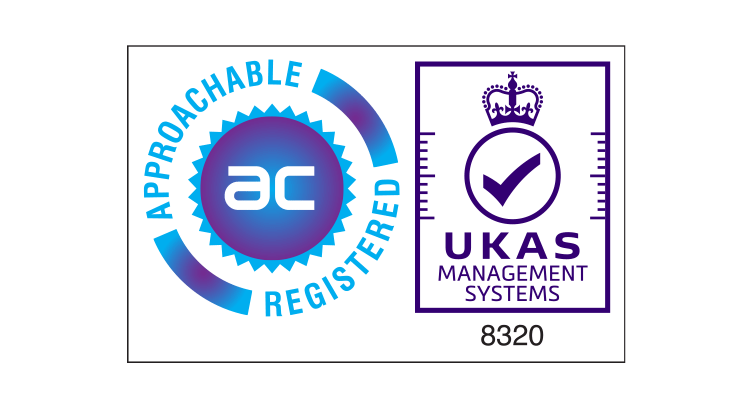In the first of our blog series on capacity and its importance for our mobile workforce, we took an in-depth look at some of the struggles industries such as health and construction are facing and how capacity is put under additional pressure. In this blog, we are going to explore the common perceptions of how to attain greater capacity and how mobile workforce management can help.
Increasing Mobile Workforce Capacity
To begin, most organisations believe that to meet greater demand or reduce waiting times, the answer must lie with hiring more staff: more staff equals more work completed.
But for most organisations, this additional cost isn’t feasible, forcing them to make sacrifices in other areas to try and meet that demand. For those who can afford to hire new staff, they are missing an opportunity to look at processes that could be causing the delays or inefficient processes were additional capacity is possible. Resulting in the same problems repeating themselves as the demand continues. Staff overheads can quickly spiral out of control.

Let’s explore the outcome of hiring additional staff, hypothetically if you require 50 additional staff, working an average salary of £16,000 per annum, this will ultimately cost: £15,400 per week. During a time were many organisations are facing budget cuts, this is a large commitment, even before the cost of training, pensions and required equipment.
Other Ways to Increase Mobile Workforce Capacity
But is there another option? What about the latent potential in your existing mobile workforce? What if with just 10% greater efficiency per mobile worker the same outcomes could be achieved? Your existing workforce could take on additional jobs per day, resulting in similar outcomes as hiring new staff.
Greater capacity in our mobile workforces is possible by assessing the processes that currently take place. Areas like travel, administration or scheduling can all cause delays or time wastage that could be otherwise be spent providing valuable services to your customers.
Which business areas can be improved to help achieve greater mobile workforce capacity?
- Administration
By removing lengthy paper based processes and replacing these with a mobile technology solution, staff can access and record job information at the point of service delivery. The benefits see staff reducing time spent on admin, time that instead can be used to get work completed efficiently, creating additional capacity for more work.
- Travel
Using mobile workforce management and dynamic scheduling together ensures that efficient routes are created, eliminating wasted travel to and from jobs. By giving staff the right mobile technology, they can start work from home travelling to the first job without the need to travel to the office. All relevant information can be conveyed straight to their device, eliminating any miscommunication and unnecessary travel. These travel reductions result in additional time in a mobile worker’s day that can be spent on completing more jobs.
- Scheduling
Dynamic Scheduling is an essential tool to enable your mobile staff to work as efficiently as possible. Using the right scheduling solution ensures that the right person, with the specific skills required, are assigned to the matching job, reducing wasted time and the need for multiple visits. Scheduling also provides greater visibility of the overall day; any changes can be dealt with and immediately communicated to retain productivity throughout the day. Streamlining these processes produce additional capacity within each member of your mobile teams.

How is this greater capacity in your mobile workforce achieved?
The mobile technology exists for these improvements to be achieved, Mobile Workforce Management and Dynamic Scheduling from Totalmobile have proven to achieve these efficiencies for our customers, see some of their results in our case study page.







